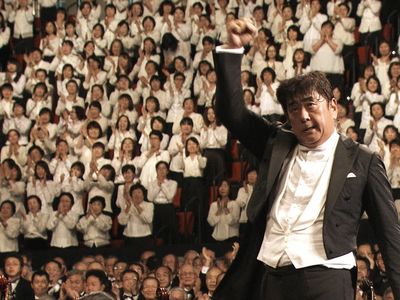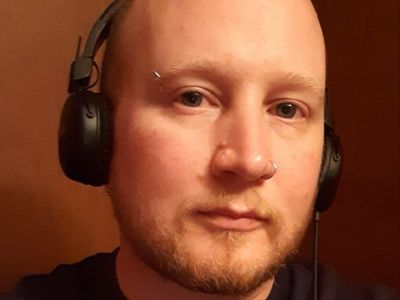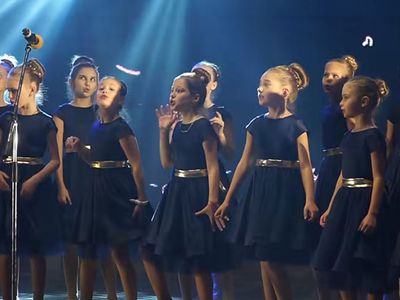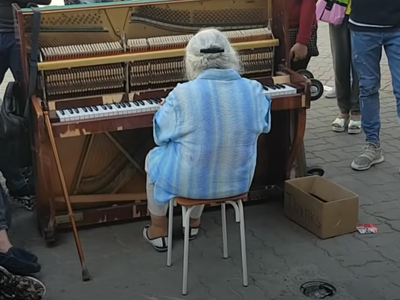Listen To The Incredible Sound Of A 10,000 Voice Japanese Choir Singing Beethoven’s Symphony No.9
Japan outshines Texas when it comes to scale. The Rockin' 1000 seems small compared to Japan's annual gathering of 10,000 singers who perform the choral finale of Beethoven's Ninth Symphony every December since 1983. This enormous choir, joined by a full orchestra, creates an awe-inspiring musical event.
A video from December 2011 shows Yutaka Sado directing this massive ensemble. Sado, who has led the choir since 1999, studied under famous conductors Seiji Ozawa and Leonard Bernstein. In 2015, he was appointed Music Director of the Tonkünstler Orchestra in Austria, one of the country's oldest musical groups.
Online viewers have expressed their amazement. One Canadian commented that this German composition sung by Japanese performers gave him "chills," while a German viewer praised the "perfect pronunciation, the orchestra, and the sheer number of musical talent."
The impressive vocal quality is even more notable because most participants are not professionals. They join a smaller group of professional soloists and chamber singers. Getting selected to participate is considered an honor, as applications exceed available spots.
In Japan, Beethoven's Ninth has become a Christmas tradition. Hundreds of performances take place across the country in shopping centers, community venues, and concert halls. Many include audience participation during the "Ode to Joy" section from the symphony's fourth movement, which symbolizes peace, hope, and happiness. The lyrics come from Friedrich Schiller's 1785 poem.
Conductor Sado explains his approach: "Having 10,000 singers is amazing, but if they're not engaged, it would be disappointing. I need to make each person feel like they have the main role, not just one voice among thousands. This has been my greatest challenge since I started."
The first performance of Beethoven's Ninth in Japan has a fascinating history. During World War I, approximately 1,000 German prisoners were held at Bando Camp. The camp was run humanely, allowing cultural exchange between prisoners, guards, and locals. A German prisoner named Paul Engel taught music in the camp and was permitted to instruct Japanese people twice weekly. The camp eventually formed two orchestras with 45 members each, two brass bands, and two choirs of sixty singers. More than 80 prisoners spent months learning Beethoven's Ninth, which they performed in Barrack One on June 1, 1918, marking the first performance of this work in Japan.
The immense Daiku performance (literally meaning "nine," referring to Beethoven's 9th Symphony) continued even during pandemic restrictions. In 2020, which marked the 250th anniversary of Beethoven's birth, the event transformed into a virtual gathering for the first time. Music enthusiasts worldwide submitted 11,961 individual singing videos that accompanied a live orchestra performance.
Toshiaki Kamei, who directs the All-Japan Association of Daiku Choral Societies, explains the deeper significance of this musical tradition: "Nowadays, we observe many conflicts between different religions or different ethnic groups happening around the world. We believe singing Daiku together with people from various cultural backgrounds helps us learn to accept diversity and promote world peace."






